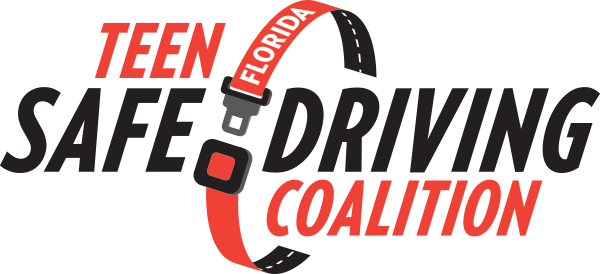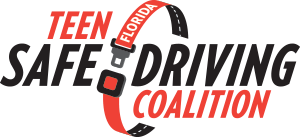
Steering Your Mind: Navigating Mental Health on the Road
Today, we’re navigating mental health on the road, an important topic that’s not often talked about. As teens, it’s crucial to understand how our emotional and mental state can significantly affect our driving performance and safety.
The Hidden Dangers of Mental Health on Driving
Driving requires constant attention, quick decision-making, and emotional stability. When we’re dealing with mental health issues like anxiety or depression, these necessary driving skills can be compromised. Anxiety, for example, can lead to heightened stress and panic attacks while driving, making it hard to concentrate or react appropriately in sudden traffic changes. Depression, on the other hand, can dull our reaction times and sap our focus, increasing the risk of crashes.
According to the National Institute of Mental Health, symptoms of mental health disorders can impair your ability to drive safely. This isn’t about just feeling a bit off; it’s about serious changes in your cognition and attention that can be life-threatening on the road.
Why the Right State of Mind Matters
When you’re driving, you’re responsible not only for your own safety but also for the safety of others on the road. If your mind is clouded by intense emotions or mental health challenges, your ability to judge distances, anticipate potential hazards, and react to sudden changes is significantly reduced.
It’s like trying to drive through a foggy windshield – you can’t see clearly, and your reactions are hindered. This isn’t just a metaphor; it’s a reality for those struggling with mental health issues. The risk is real and can have serious consequences.
Tips for Navigating Mental Health on the Road
- Recognize the Warning Signs: Check in on your emotions before you drive! If you find yourself easily distracted, overly nervous, or struggling to concentrate, these are signs that you shouldn’t be behind the wheel.
- Develop Coping Strategies: Learn techniques like deep breathing or mindfulness to help manage anxiety or stress levels while driving.
- Don’t Rush: If you’re not feeling up to driving, it’s okay to wait until you’re in a better headspace. There’s no shame in taking public transport or asking for a ride. You are making the safest decision for yourself and those around you.
- Seek Support: Talk to a mental health professional if you find that your mental state is consistently affecting your driving. They can provide strategies to help you cope and improve your driving safety.
Conclusion
Driving is a big responsibility, and being in the right mental state is a crucial part of it. It’s not just about being physically capable of driving but also being mentally prepared. As teen drivers, let’s make a pact to not only take care of our cars but also our minds. Remember, a clear mind leads to a safe drive. Stay safe out there!
Check out the Teen Driver Safety Week Hub to watch the Mind Over Miles webinar discussing navigating mental health on the road further.

